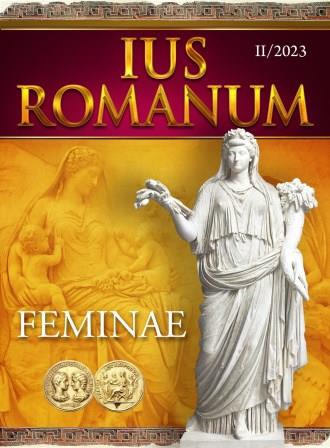LA CAPACITÀ DI AGIRE DELLA DONNA NEL CODICE CIVILE SERBO DEL 1844
WOMAN`S LEGAL CAPACITY - AN OVERVIEW ON THE 1844 SERBIAN CIVIL CODE
Author(s): Valentina Cvetković-ĐorđevićSubject(s): Law, Constitution, Jurisprudence, History of Law, EU-Legislation, Roman law
Published by: Софийски университет »Св. Климент Охридски«
Keywords: Women’s legal capacity; Roman Law, 1844 Serbian Civil Code; power-of-attorney contract
Summary/Abstract: The 1844 Serbian Civil Code provided unequal legal position of women and men. In terms of legal capacity, married women are equal to minors and other categories of persons who cannot manage their property independently (Art. 920). In contrast to Roman law, the reason why the Serbian legislator limited the business capacity of a married woman was not her innate mental instability inherent in women (levitas animi). Nonetheless, it does provide that it is impossible for her to conclude a power-of-attorney contract without her husband's approval. A married woman, unlike a minor who did not need the guardian's approval, could not conclude that contract without her husband's approval. The reason for the prohibition is the need to preserve the husband's authority over his wife, whose reputation and honour may be compromised by her direct contact with the principal, who was not approved by the husband.
Journal: IUS ROMANUM
- Issue Year: 2023
- Issue No: 2
- Page Range: 648-663
- Page Count: 16
- Language: Italian

